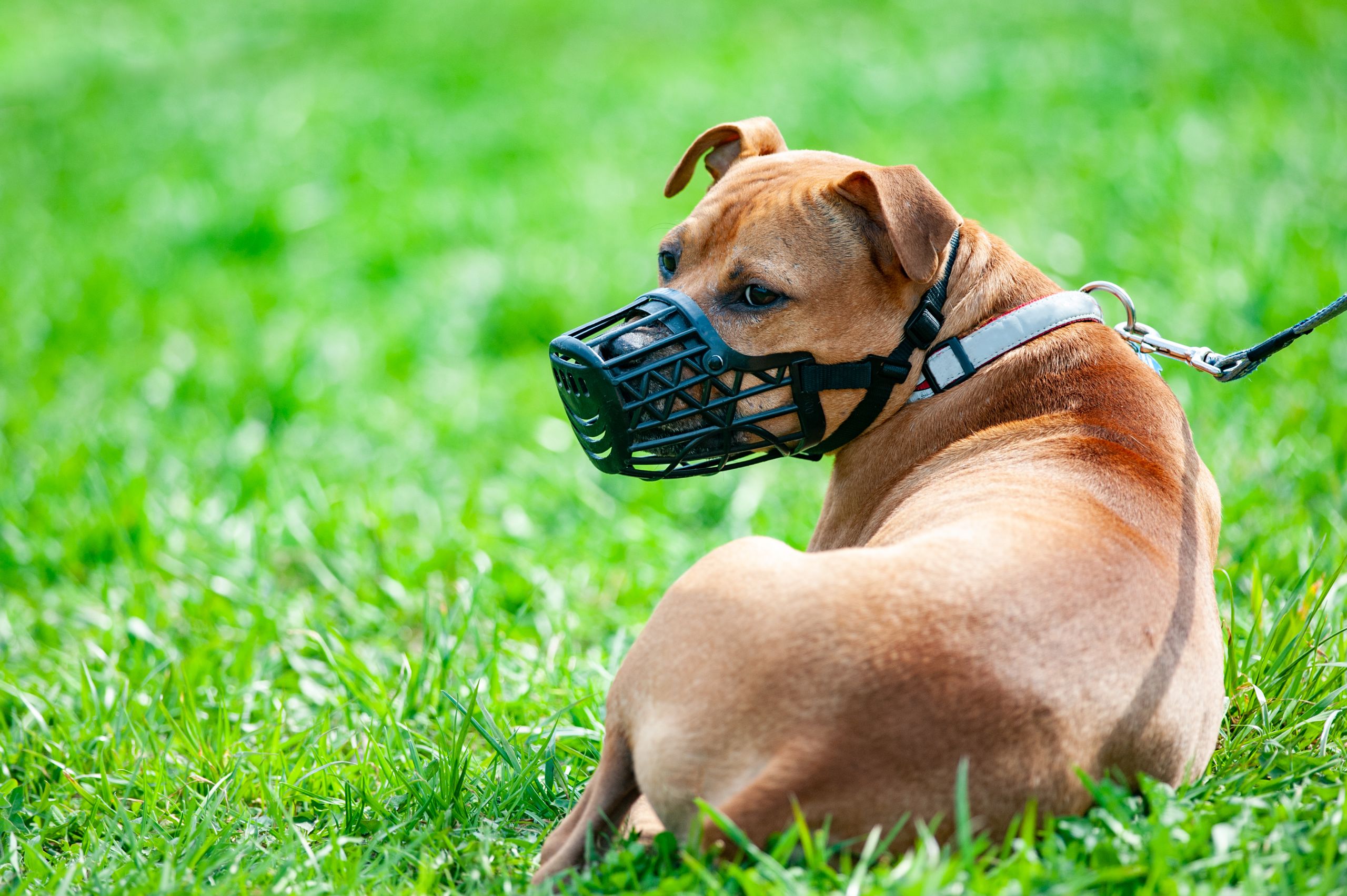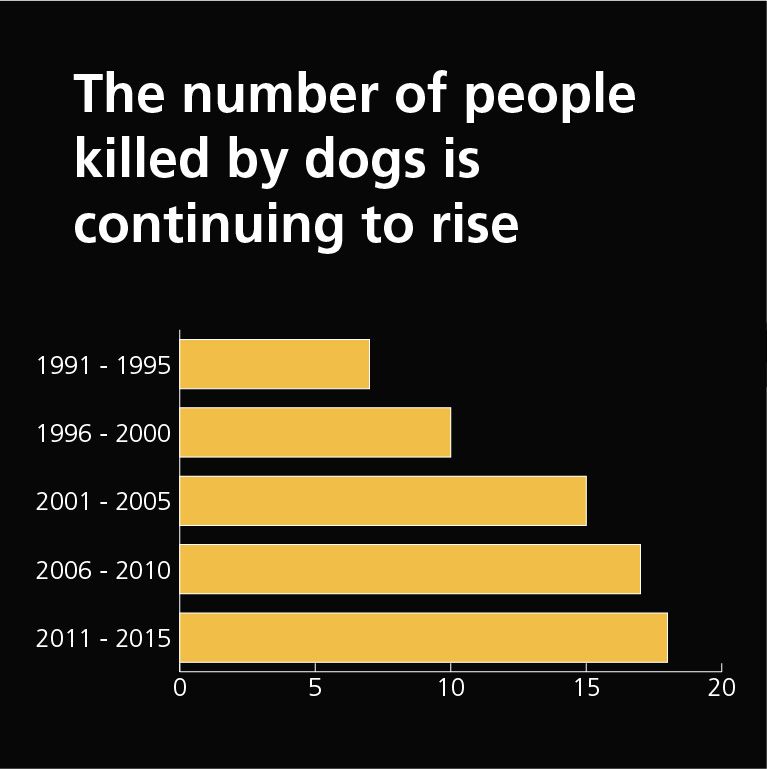Changing the dog breed ban is desirable, achievable, and would better protect the public
Controlling dangerous dogs

Is the breed ban working?
At least 31 people have died in dog attacks since 2005.
To protect the public, the Government bans four types of dog (Japanese Tosa, Dogo Argentino, Fila Brasileiro, Pit Bull Terriers). This law is known as Breed Specific Legislation (BSL).
In the 25 years since BSL was introduced, attacks and yearly fatalities have continued to rise. Hospital admissions for dog attacks have increased by 81% since 2005.
The Government says the breed ban is essential to public safety. Our inquiry found insufficient evidence to support this claim.


Change is needed
The increase in dog attacks shows that the current approach is not protecting the public adequately.
We are calling for a full review of the Government's dog control strategy and the evidence base for BSL.
Although banned dogs may be kept legally if a court grants special permission, they generally cannot be transferred to new owners.
Those in rescue shelters are therefore put down, even if they are well tempered and pose no risk to the public.
It is unnecessarily cruel to forbid good-tempered dogs from being transferred to responsible owners.

The Government should allow banned dogs to be transferred to new owners if the animal has been behaviourally assessed by experts and found to be safe.
Human factors play an important role prior to the majority of dog attacks
1
Education and responsible ownership are key to reducing dog bites. Young children are currently at most risk of attack.
2
The Government should support dog safety education initiatives for schoolchildren, owners, and the general public.
3
Compulsory 'dog awareness courses' should be introduced for minor offences, similar to speed awareness courses for drivers.
Improvements to public safety which also safeguard animal welfare can only be achieved through an open-minded engagement with new strategies. This will require time, commitment and political courage.

The Government should develop a new approach to dog control that focuses on education, early intervention, and consistently robust sanctions for offenders.

The Government has two months to respond to our report.
Read the full report on Controlling dangerous dogs or find out more about this and other inquiries on our website.

